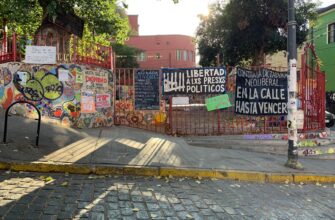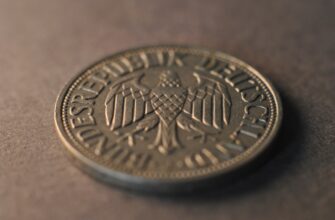- Why Tunisians Need a Dedicated Bitcoin Wallet
- Top 5 Bitcoin Wallets for Tunisian Users
- 1. Exodus (Mobile & Desktop)
- 2. Trust Wallet (Mobile)
- 3. Ledger Nano X (Hardware)
- 4. Electrum (Desktop)
- 5. BlueWallet (Mobile)
- Key Selection Criteria for Tunisians
- Step-by-Step Setup Guide
- Security Best Practices
- FAQ: Bitcoin Wallets in Tunisia
- Final Recommendations
Why Tunisians Need a Dedicated Bitcoin Wallet
As Bitcoin adoption grows across Tunisia, choosing the right wallet becomes critical. With the Tunisian dinar (TND) facing volatility and strict capital controls, Bitcoin offers financial alternatives. However, security breaches and regulatory uncertainty mean your choice of wallet directly impacts asset safety. This guide explores Tunisia-friendly options balancing accessibility, compliance, and ironclad protection.
Top 5 Bitcoin Wallets for Tunisian Users
1. Exodus (Mobile & Desktop)
- Tunisia Advantage: No KYC required; intuitive Arabic/English interface
- Security: Encrypted backups + 12-word recovery phrase
- Drawback: Limited exchange integration with TND pairs
2. Trust Wallet (Mobile)
- Tunisia Advantage: Binance P2P compatibility for TND trades
- Security: Open-source code + biometric authentication
- Bonus: Supports 50+ blockchains beyond Bitcoin
3. Ledger Nano X (Hardware)
- Tunisia Advantage: Offline storage bypasses internet restrictions
- Security: Military-grade chip + PIN protection
- Consideration: 149€ cost; ships internationally to Tunisia
4. Electrum (Desktop)
- Tunisia Advantage: Lightweight software for low-bandwidth areas
- Security: Customizable transaction fees + cold storage support
- Note: Technical interface; best for advanced users
5. BlueWallet (Mobile)
- Tunisia Advantage: Lightning Network support for instant microtransactions
- Security: Hierarchical Deterministic (HD) architecture
- Feature: Collaborative custody for shared accounts
Key Selection Criteria for Tunisians
- Regulatory Fit: Opt for non-custodial wallets to maintain control amid Tunisia’s evolving crypto policies
- TND Accessibility: Prioritize wallets with P2P market integration (e.g., LocalCoinSwap, Binance P2P)
- Network Fees: Choose adjustable-fee wallets to manage Bitcoin transaction costs during dinar fluctuations
- Language Support: Arabic/English interfaces crucial for seamless use
Step-by-Step Setup Guide
- Download from official sites only (avoid third-party stores)
- Generate 12-24 word recovery phrase; store offline
- Enable 2FA and biometric locks
- Test with small transactions first
- Connect to P2P platforms via in-app browsers
Security Best Practices
- Never share recovery phrases digitally
- Use VPNs on public Wi-Fi
- Verify recipient addresses via QR codes
- Update software monthly
- Store large holdings across multiple wallets
FAQ: Bitcoin Wallets in Tunisia
Q: Is Bitcoin legal in Tunisia?
A: Yes, but unregulated. The Central Bank prohibits financial institutions from handling crypto, but personal ownership isn’t illegal.
Q: Can I buy Bitcoin with Tunisian Dinar?
A: Absolutely. Use P2P platforms like LocalBitcoins or Binance P2P to trade TND directly with other users.
Q: Are hardware wallets worth the cost?
A: For holdings exceeding $500, yes. They provide offline security unmatched by software wallets.
Q: How do I avoid scams?
A: Reject “investment guarantees,” verify wallet developer credentials, and never share private keys. Report suspicious offers to Tunisia’s Financial Analysis Commission.
Q: Can I recover lost Bitcoin?
A: Only if you have your recovery phrase. Without it, funds are permanently inaccessible.
Final Recommendations
For daily transactions, Trust Wallet and BlueWallet lead for Tunisians with P2P integration. Long-term holders should pair Exodus with a Ledger hardware device. Always prioritize non-custodial solutions to navigate regulatory gray areas safely. As Tunisia’s crypto landscape evolves, your wallet choice ensures financial sovereignty.








